ECONOMY
20 Things People Mindlessly Spend Their Money On That Might Surprise You
Published
8 months agoon

Shutterstock
In today’s fast-paced world, it’s easy to lose track of where our money goes, often resulting in mindless spending. Many of us don’t realize how small, seemingly insignificant purchases can add up over time, impacting our overall financial health. From daily habits to occasional splurges, these expenses can slowly drain our bank accounts without us even noticing. This guide highlights 20 common ways people spend money mindlessly, offering insight into how to better manage and save your hard-earned cash. By becoming aware of these habits, you can take steps to curb unnecessary spending and improve your financial well-being.
Subscription Services

Shutterstock
Subscription services, including streaming platforms, magazines, and fitness apps, can quickly add up. Many people forget to cancel unused subscriptions, leading to unnecessary monthly expenses. With the convenience of auto-renewal, these costs often go unnoticed. Regularly reviewing and canceling subscriptions you no longer use can save a significant amount of money.
Fast Food and Takeout

Shutterstock
Fast food and takeout are convenient but can become a major drain on your budget. The cost of regularly dining out or ordering in adds up quickly compared to cooking at home. Impulsive cravings and the convenience factor often lead to mindless spending on food. Planning meals and cooking at home can help you save money and eat healthier.
Impulse Purchases

Shutterstock
Impulse purchases, such as snacks, magazines, or items on sale, can quickly add up. These small, unplanned buys often seem harmless but can significantly impact your budget over time. Retailers strategically place tempting items near checkouts to encourage spontaneous buying. Being mindful of these habits and sticking to a shopping list can curb unnecessary spending.
Premium Coffee
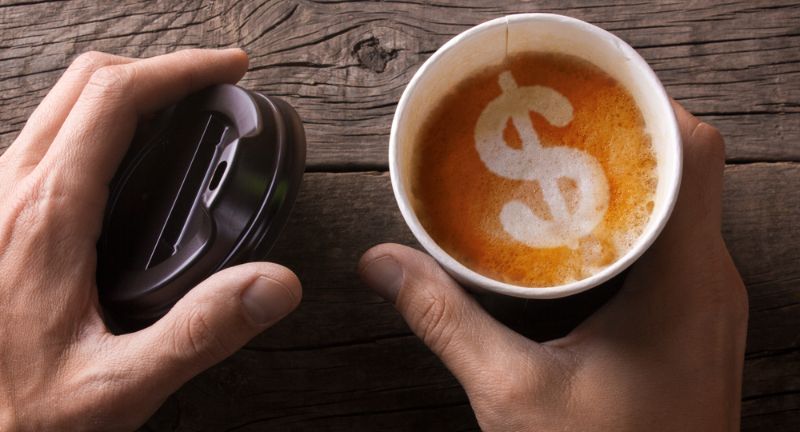
Shutterstock
Premium coffee from cafes is a daily indulgence for many, but it can quickly become an expensive habit. The cost of a daily latte or specialty drink adds up to a substantial amount over time. Investing in a good coffee maker and brewing your own coffee at home can save a lot of money. It’s a simple change that can significantly impact your budget.
Bottled Water

Shutterstock
Bottled water is a common expense that many people don’t think twice about. However, it is often unnecessary, especially if you have access to clean tap water. The cost of bottled water can add up, and it also has an environmental impact. Using a reusable water bottle and filtering tap water at home can save money and reduce waste.
ATM Fees
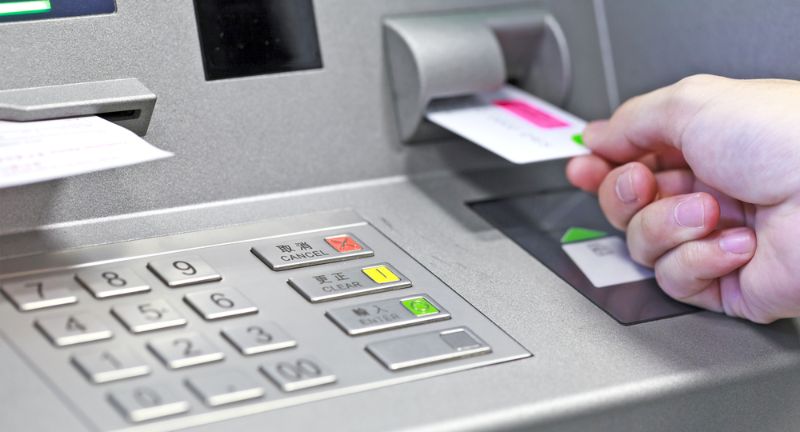
Shutterstock
ATM fees can sneak up on you if you’re not careful about where you withdraw cash. Using out-of-network ATMs often incurs additional charges from both your bank and the ATM owner. These fees can add up quickly if you frequently use ATMs for small withdrawals. Planning ahead and using in-network ATMs can help avoid these unnecessary costs.
Unused Gym Memberships

Shutterstock
Gym memberships are often purchased with the best intentions, but many go unused. The monthly fees can add up quickly if you’re not taking full advantage of your membership. Assessing your actual gym usage and exploring alternative, free workout options can help save money. Canceling an unused gym membership can free up funds for other priorities.
Convenience Store Snacks

Shutterstock
Snacks from convenience stores are often marked up significantly compared to grocery store prices. The convenience of grabbing a quick snack on the go can lead to frequent, mindless spending. Planning ahead and buying snacks in bulk can help reduce these costs. Keeping healthy snacks on hand can also help avoid impulsive purchases.
Branded Products
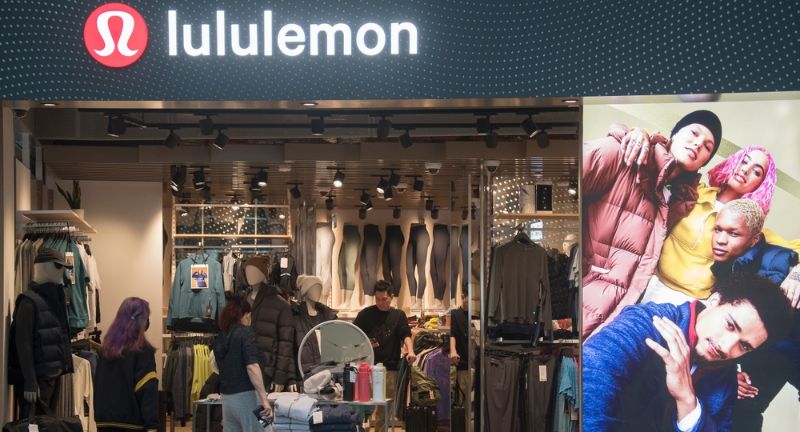
Shutterstock
Branded products often come with a premium price tag compared to generic alternatives. Many generic or store-brand items offer the same quality at a lower cost. Mindlessly opting for well-known brands can lead to higher grocery bills. Being open to trying generic products can result in significant savings without compromising quality.
Gadget Upgrades
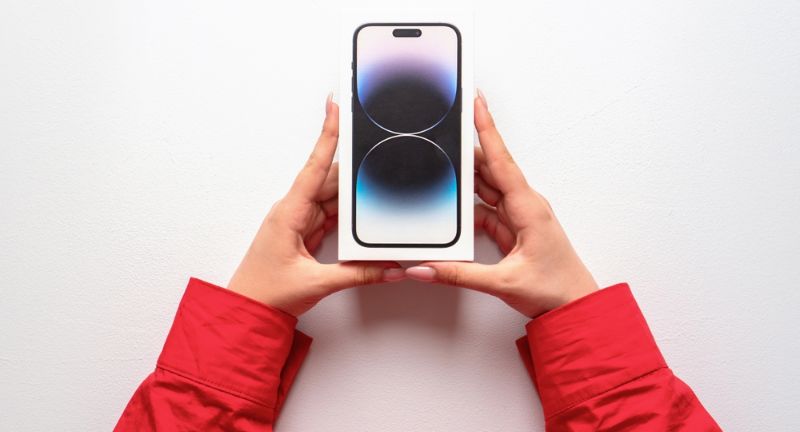
Shutterstock
The temptation to upgrade to the latest smartphone, tablet, or other gadgets can be strong. However, frequent upgrades often result in unnecessary spending. Assessing whether your current devices meet your needs can help avoid impulsive upgrades. Waiting until a genuine need arises can save a lot of money in the long run.
Extended Warranties
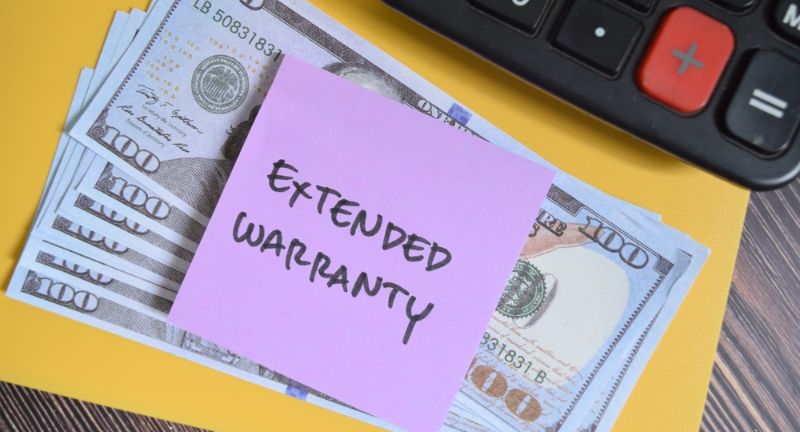
Shutterstock
Extended warranties are often offered on electronics and appliances, but they are not always necessary. The cost of the warranty can add up, and many products do not experience issues within the extended warranty period. Carefully evaluating the need for additional coverage can help avoid unnecessary expenses. Often, the manufacturer’s warranty is sufficient.
Fancy Stationery

Shutterstock
Fancy stationery, including designer notebooks, pens, and planners, can be an alluring but unnecessary expense. These items often come with a high price tag despite having affordable alternatives. Opting for functional, budget-friendly stationery can reduce mindless spending. Simple and cost-effective options can be just as effective for daily use.
Delivery Fees
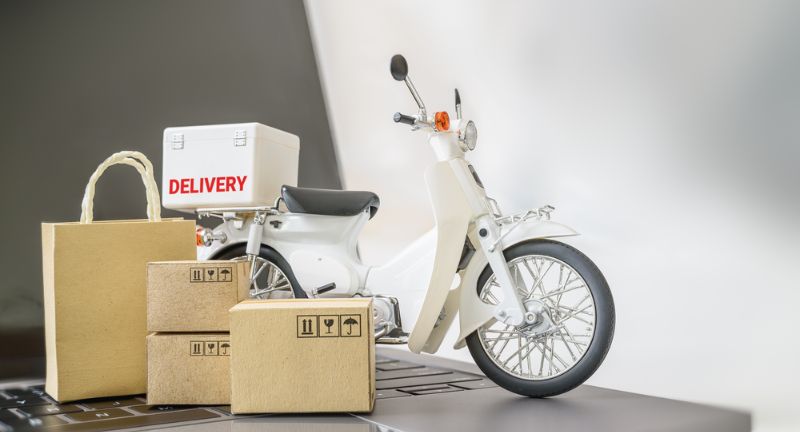
Shutterstock
Delivery fees for food, groceries, and other goods can add up quickly. While convenient, these fees are often avoidable with a little planning. Choosing to pick up items yourself or consolidating orders to minimize deliveries can help save money. Being mindful of delivery charges can reduce unnecessary spending.
Convenience Foods

Shutterstock
Pre-packaged convenience foods, like frozen meals and snacks, are often more expensive than homemade alternatives. The convenience factor can lead to frequent purchases and increased grocery bills. Planning and preparing meals at home can be more cost-effective and healthier. Investing time in meal prep can significantly reduce food costs.
Bank Fees

Shutterstock
Bank fees, such as overdraft charges, account maintenance fees, and ATM fees, can accumulate over time. Being aware of your bank’s fee structure and managing your accounts carefully can help avoid these costs. Choosing a bank with low or no fees can also make a big difference. Regularly monitoring your accounts can prevent unnecessary charges.
Online Shopping

Shutterstock
Online shopping can lead to impulsive purchases due to the convenience and variety available. Flash sales, discounts, and easy access make it tempting to buy items you don’t need. Creating a budget and sticking to it can help manage online spending. Waiting 24 hours before making a purchase can also curb impulse buys.
Beauty Products
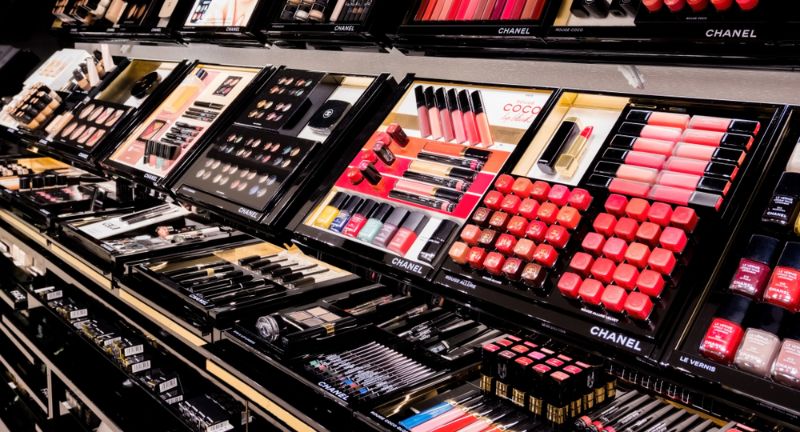
Shutterstock
Beauty products, including makeup and skincare, can be a significant but often mindless expense. The allure of new products and trends can lead to overspending. Evaluating your current products and buying only what you need can reduce costs. Opting for quality over quantity can also save money in the long run.
In-App Purchases

Shutterstock
In-app purchases for games, apps, and other digital content can add up quickly. These small, frequent expenses often go unnoticed until they accumulate. Monitoring and setting limits on in-app spending can help manage these costs. Many apps offer free alternatives or one-time purchases that are more cost-effective.
Specialty Groceries

Shutterstock
Specialty groceries, including organic and gourmet items, can significantly increase your food bill. While some specialty items are worth the extra cost, many have more affordable alternatives. Being selective and purchasing only what you truly need can help manage grocery expenses. Comparing prices and shopping sales can also reduce costs.
Unused Software and Apps
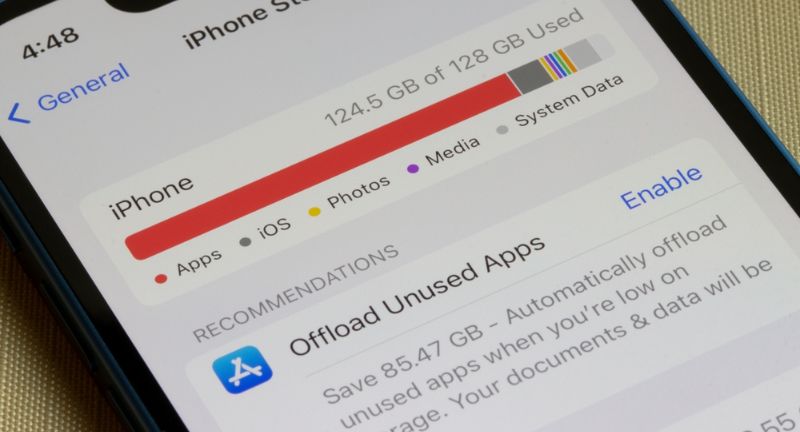
Shutterstock
Many people subscribe to software and apps that they rarely use. These subscriptions often renew automatically, leading to ongoing costs for services you don’t need. Reviewing and canceling unused subscriptions can save a significant amount of money. Regularly assessing your needs and usage can prevent unnecessary spending on digital services.
Conclusion

Shutterstock
Being mindful of how we spend our money can significantly impact our financial health and overall well-being. By recognizing and addressing these common areas of mindless spending, we can take control of our finances and make more informed choices. Small changes and conscious spending habits can lead to substantial savings over time. Ultimately, it’s about finding a balance that allows us to enjoy life while being financially responsible. Start making smarter spending decisions today and watch your savings grow.
Related Topics:

More From Lifestylogy
-


Why You Should Throw Out Your Cleaning Products
-


To Buy or Not to Buy? The Realities of Homeownership
-


The Long History Of Cheese
-


26 Dirtiest Jobs In The World, Would You Brave One…
-


22 State Laws That Are Hard To Believe They Actually…
-


Hardwood Is The Best: Here’s Why
-


What Is Hydroponics, And Why Is It So Important?
-


24 Uses For Bananas That Are Oddly Practical
-


27 Habits To Implement That Could Change Your Life For…